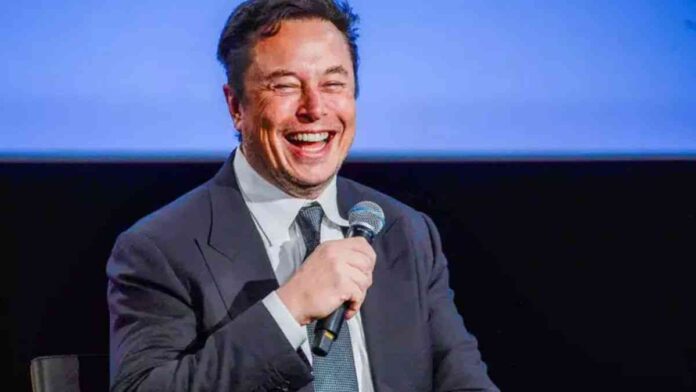Twitter is being sued by White Coat Captioning for unpaid payments. The Vermont-based business offers in-the-moment captioning for the world’s happenings on Twitter. According to a business owner who is suing Twitter for unpaid payments, once Elon Musk took control, the corporation started responding to her using a bot.
White Coat Captioning, a Vermont-based company run by Norma Miller, provides real-time captioning for events taking place across the world on Twitter for workers who are deaf, hard of hearing, or for whom English is not their first language. Her business was one of four that together sued Twitter last month for unpaid debts totaling $230,000.
The captioning was allegedly utilized to assist deaf and hard-of-hearing staff as well as other Twitter employees for whom English was not their first tongue. White Coat Captioning claims to be due close to $42,000, which Miller described as a considerable sum for “a small company like mine.”
She said that Twitter ceased making payments to her business two weeks or so before to Musk’s acquisition in October. Prior to her point of contact disappearing amid Twitter’s major layoffs, staff in the accounts department apologized for the delay, Miller continued.
“Eventually, it was clearly just a bot answering us with the same response over and over again,” she claimed. Twitter’s press office already has an auto-reply option set up by Musk that answers to emails from journalists with a feces.
Musk has already set up the Twitter press office’s auto-reply tool to send a poop emoji in response to emails from journalists. According to Miller, some of its commercial operations also include automated emails.
In addition, the business is being sued by a private jet firm, the landlords of several of its facilities, and Twitter’s previous CEO for unpaid payments. Twitter today employs about 1,000 people, which is 90% less than it did when the Tesla CEO originally acquired the business.
According to Elon Musk, Twitter is “absurdly overstaffed” and significant staff reductions were required to prevent the company from going bankrupt this year, when he estimated that the company was on pace to have a negative cash flow of $3 billion, of which half was attributable to the bank loans that supported Musk’s acquisition.



